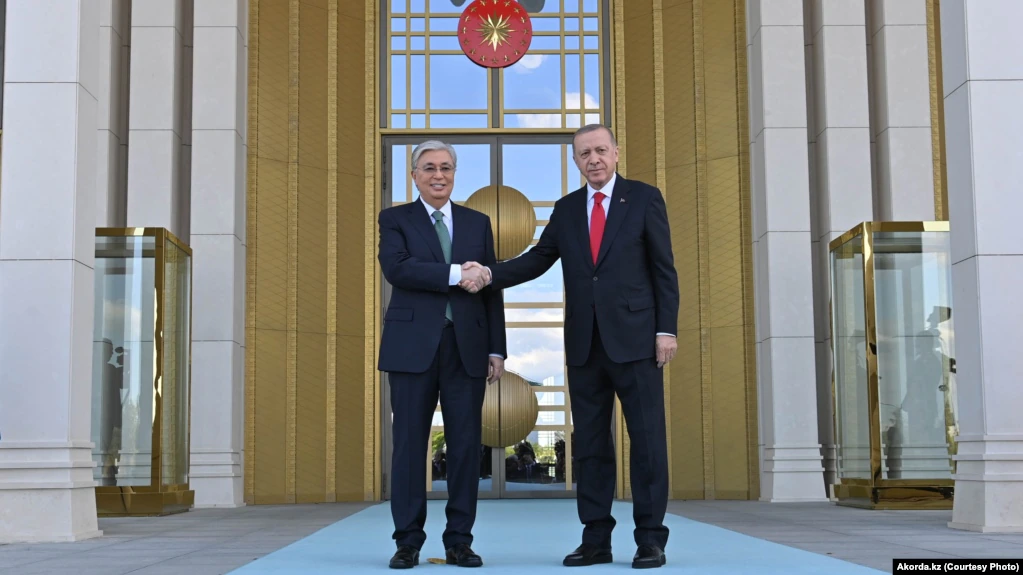Let us imagine, for a moment, that Britain's special representative for international trade and investment is not Prince Andrew.
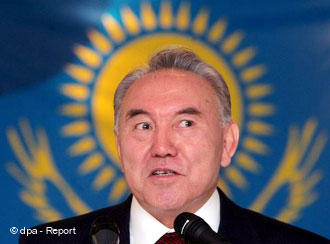 Des documents, mis en circulation par des ennemis politiques du clan au pouvoir au Kazakhstan, montrent que des centaines de millions, qui auraient été blanchis par le gendre du président, auraient transité par des banques suisses. Le Ministère public de la Confédération a ouvert une enquête, apprenait-on il y a trois semaines.
Des documents, mis en circulation par des ennemis politiques du clan au pouvoir au Kazakhstan, montrent que des centaines de millions, qui auraient été blanchis par le gendre du président, auraient transité par des banques suisses. Le Ministère public de la Confédération a ouvert une enquête, apprenait-on il y a trois semaines.


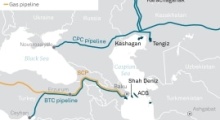


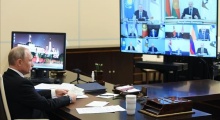

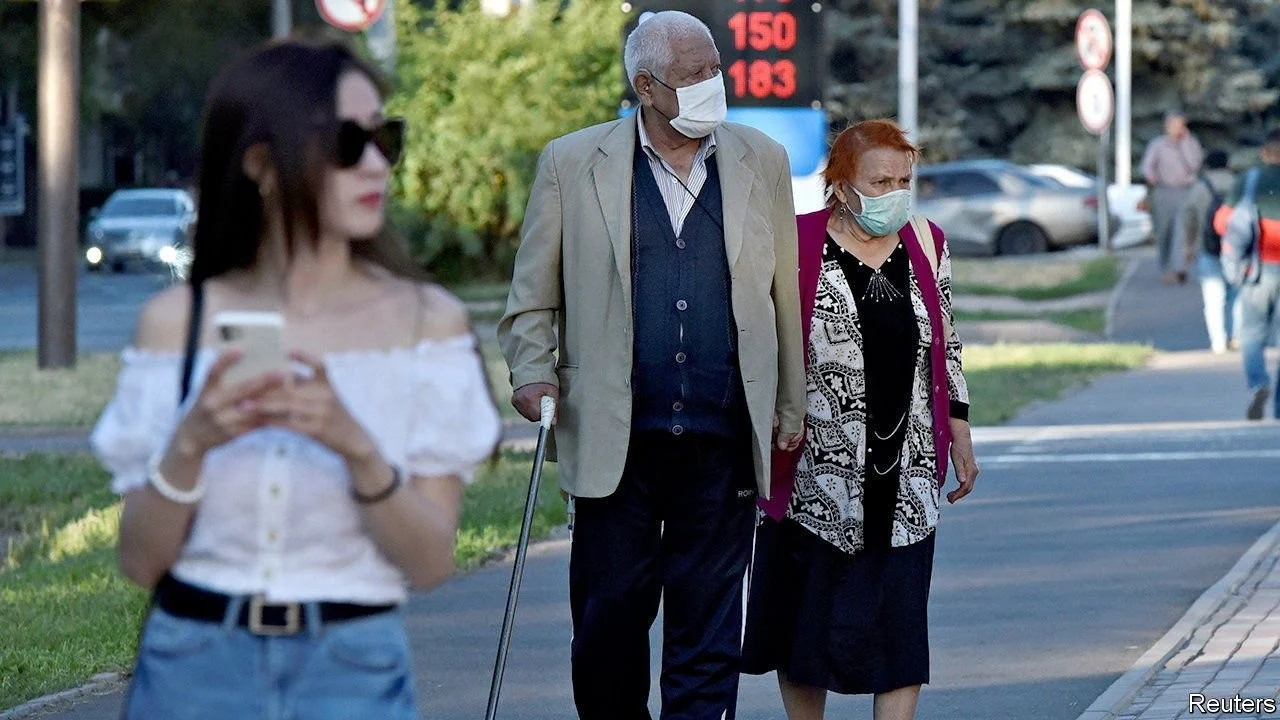
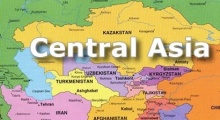
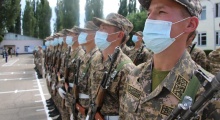

 Communism fell, but liberty has yet to arrive in Central Asia.
Communism fell, but liberty has yet to arrive in Central Asia.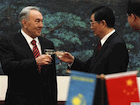 Kazakh President Nursultan Nazarbaev has wrapped up a visit to China and is heading home with lucrative contracts to supply China with energy resources and promises of some $7 billion in Chinese loans for projects in Kazakhstan.
Kazakh President Nursultan Nazarbaev has wrapped up a visit to China and is heading home with lucrative contracts to supply China with energy resources and promises of some $7 billion in Chinese loans for projects in Kazakhstan.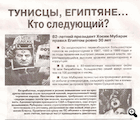 Almaty residents have found some unusual post in their mailboxes this week. Among the usual stack of adverts for supermarkets and pizza delivery lies a mysterious political tract on the tumultuous events in the Middle East entitled: "The Tunisians, the Egyptians...Who's Next?"
Almaty residents have found some unusual post in their mailboxes this week. Among the usual stack of adverts for supermarkets and pizza delivery lies a mysterious political tract on the tumultuous events in the Middle East entitled: "The Tunisians, the Egyptians...Who's Next?"


